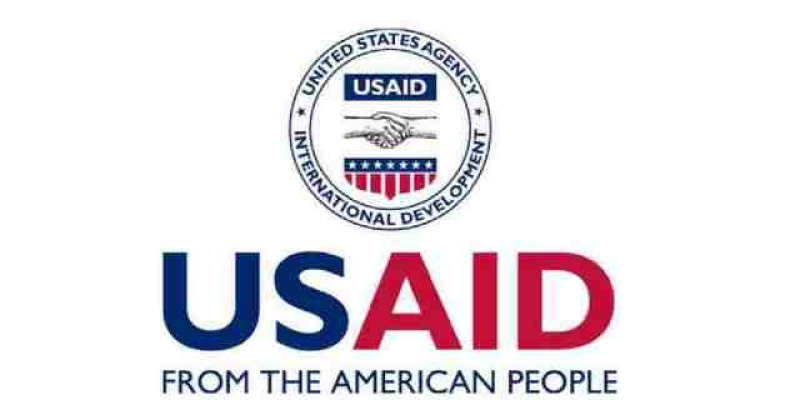- Janaza of six Bangladeshi peacekeepers held at Dhaka Cantonment |
- Bangladesh stock market loses Tk 10,500cr in a week |
- Dhaka’s air turns ‘very unhealthy’ on Sunday morning |
- Project to transform N’ganj into a climate-resilient green city |
- Sustainable, rights-based solutions to Rohingya crisis urged |
USAID to provide $26 mn for infectious disease prevention in BD

USAID to provide $26 mn for infectious disease prevention in BD
Dhaka, May 01 - The U.S. Embassy Dhaka’s United States Agency for International Development (USAID) is launching its new "One Health" project to improve infectious disease prevention and control in Bangladesh.
Working with the U.S. Congress, USAID will provide up to $26 million over five years and work closely with relevant ministries in Bangladesh to coordinate prevention, detection, and response to infectious diseases among humans and animals, and mitigate other pandemic threats more effectively.
The relevant ministries are Ministries of Health and Family Welfare, Fisheries and Livestock and Environment, Forest, and Climate Change.
“We are pleased to continue our partnership with Bangladesh to protect people from infectious diseases like avian flu or other animal-borne illnesses, and ultimately improve human, animal, and environmental health as a whole,” said USAID Mission Director Reed Aeschliman on Tuesday.
Earlier this month, Bangladesh was named as one of 50 partner countries under the U.S. government’s new Global Health Security Strategy 2024.
The USAID One Health Project will develop the One Health workforce at national and local levels to improve disease detection and surveillance, and strengthen laboratory systems to improve diagnostic capacity.
The project will also support local institutions to mitigate the effects of resistance to antibiotics among humans and animals, and establish early warning systems that enable multiple government ministries to track outbreaks and work together more efficiently for a coordinated response.
The USAID One Health Project is implemented by Development Alternatives Incorporated (DAI) in partnership with a consortium from the Center for Natural Resource Studies, Chattogram Veterinary and Animal Sciences University, Eastern Mediterranean Public Health Network, and mPower SocialEnterprises. -UNB

